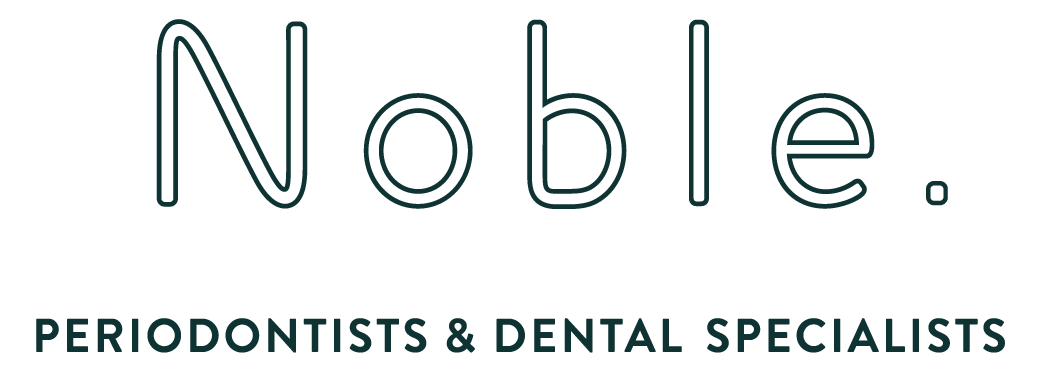Healthcare vs. the Environment - A fair fight?
In recent times, we’ve become increasingly aware of the climate crisis, and the big role that the health industry has to play in this. Medical waste contributes massive amounts of non-biodegradable materials which either need to be burnt - releasing CO2 - or disposed of in land fills. This article is exploring changes that can be made at a patient-level, as well as how we are working as a business and an industry to examine our own environmental impact.
Patients
Actions that our patients can take to reduce their health-related environmental impact include the following:
Recycling dental products
Using reusable products
Taking public transport to your appointments
There is a fairly new initiative for recycling dental waste products started by TerraCycle, a company who focus on recycling and repurposing waste from various industries in new and exciting ways. Click here to find out more about their dental recycling programme.
We also recommend - within hygienic limits of course - finding dental products that have a greener life cycle. It’s possible to find flossing accessories that can be re-used, mouthwashes that come in tablet form, and bamboo toothbrushes. However, be aware that toothbrush bristles are almost always comprised of synthetic materials, and check with your dentist to make sure these different products are effectively cleaning your teeth.
Another way to help reduce your footprint when it comes to your health is using public transport to get to and from appointments. Luckily for you, both of our practices are in extremely convenient locations for public transport. Plan your journey using Auckland Transport’s Journey Planner.
Practice
Here are the actions that we are taking in order to reduce some of our daily waste. We know that it’s just a start, but every little bit counts!
Recycling paper backing of sterilisation packages
Using reusable drapes
Ordering fewer perishable products at a time
Inspired by Auckland Hospital, we have started to recycle the paper backing on sterilisation packages in the practice. It may not seem like much, but we use hundreds of these every month - so it adds up.
We do our best to use reusable products, so long as they can be effectively sterilised. This includes the drapes and surgical gowns that we use when doing implant surgery. Re-sterilising equipment is an effective way to reduce waste.
A big way in which medical practices can create a lot of waste is by ordering too much of a perishable product, and then having to throw it all away when the expiry date is reached. We do our best to order on an as-needed basis, so that we don’t have to do so much trashing of good products!
It’s true that there is more we could do to reduce waste - so we’re excited to be looking into various ways that we can make this happen both within our practice, and in the dental industry in general.
Partnership
Here’s some ways we think we can work together to solve this problem.
Ask
Inform
Activate
When you are at a medical appointment, ask your clinician if there is anything you could do to reduce your waste as a patient. If they don’t know, then keep persisting. Make it known that this issue is important to you. The more people that ask about it, the sooner changes will be made!
If you know of businesses, initiatives, or incentives that may improve the environmental impact of your health practice, then let them know! So much of the problem with the climate crisis is inaction, so be proactive with your knowledge.
If you still have the energy to confront the issue of medical waste after all this, then contact your local MP and inform them that this issue is important to you. Show them that medical waste is an issue that deserves funding and research, so we can address a growing problem. As the population increases in New Zealand, this issue will only be exacerbated, so get active and get out there!
Thanks for reading,
The Team at Noble Dental

